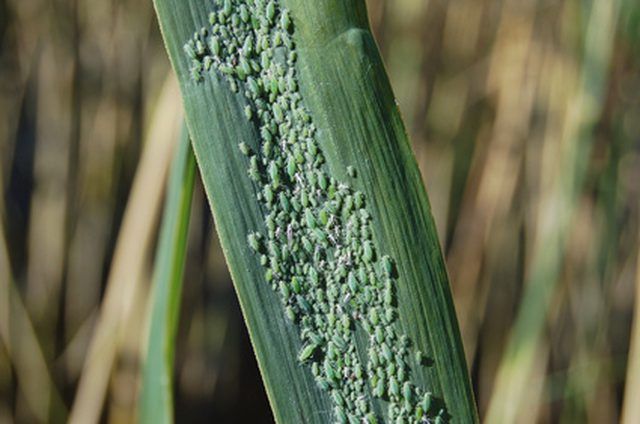Bulbs
Flower Basics
Flower Beds & Specialty Gardens
Flower Garden
Garden Furniture
Garden Gnomes
Garden Seeds
Garden Sheds
Garden Statues
Garden Tools & Supplies
Gardening Basics
Green & Organic
Groundcovers & Vines
Growing Annuals
Growing Basil
Growing Beans
Growing Berries
Growing Blueberries
Growing Cactus
Growing Corn
Growing Cotton
Growing Edibles
Growing Flowers
Growing Garlic
Growing Grapes
Growing Grass
Growing Herbs
Growing Jasmine
Growing Mint
Growing Mushrooms
Orchids
Growing Peanuts
Growing Perennials
Growing Plants
Growing Rosemary
Growing Roses
Growing Strawberries
Growing Sunflowers
Growing Thyme
Growing Tomatoes
Growing Tulips
Growing Vegetables
Herb Basics
Herb Garden
Indoor Growing
Landscaping Basics
Landscaping Patios
Landscaping Plants
Landscaping Shrubs
Landscaping Trees
Landscaping Walks & Pathways
Lawn Basics
Lawn Maintenance
Lawn Mowers
Lawn Ornaments
Lawn Planting
Lawn Tools
Outdoor Growing
Overall Landscape Planning
Pests, Weeds & Problems
Plant Basics
Rock Garden
Rose Garden
Shrubs
Soil
Specialty Gardens
Trees
Vegetable Garden
Yard Maintenance
How to Make Insecticidal Soap for the Veggie Garden
How to Make Insecticidal Soap for the Veggie Garden. Insecticidal soap has been used by home gardeners for generations as an alternative to chemical pesticides. It is 40 percent to 50 percent effective in killing soft-bodied insects such as aphids, thrips, whiteflies, spider mites and immature leaf hoppers. Hard-bodied insects, including most...

Insecticidal soap has been used by home gardeners for generations as an alternative to chemical pesticides. It is 40 percent to 50 percent effective in killing soft-bodied insects such as aphids, thrips, whiteflies, spider mites and immature leaf hoppers. Hard-bodied insects, including most beneficial insects, are not harmed by insecticidal soap. It has no residual insecticidal value and must come into contact with an insect to kill it. Homemade insecticidal soap is safe for use on most plants in the vegetable garden, though it may cause harm to some varieties of tomatoes and other hairy leaf plants.
Things You'll Need
1 pint plus 1 gallon water
1 tsp. plus 2 1/2 tbsp. dish-washing liquid
Water softener
Purchase a dish-washing liquid that contains no detergent or de-greaser. Do not use laundry detergent or automatic dishwasher soap.
Mix 1 tsp. dish-washing liquid with one pint of water in a jar and shake or stir to mix. Let it stand for 15 minutes. If the solution remains milky the water is pure enough to make the soap. If scum forms on the top, the mineral content is too high and will reduce the effectiveness of the insecticidal soap. Add a water softener to water with a high mineral content before mixing the insecticide or use purified water.
Combine 5 tbsp. dish-washing liquid with one gallon of pure water, or water that has been treated with a softener. Stir to combine.
Pour the insecticidal soap into a labeled gallon jug and seal. Use this to fill spray bottles as needed for application in the garden. Spray bottles should also be labeled for safety purposes.
Tips & Warnings
Insecticidal soap should be tested on a small part of a plant to determine if the solution will cause damage.
Insecticidal soap should not be applied to the entire garden, but used as a spot treatment for insect control.
This insecticidal soap is slightly less than a 2 percent solution, which is recommended by the University of Florida, IFAS Extension for home gardens. A 1 percent solution (2 1/2 tbsp. dish-washing liquid per gallon of water) should be used on tomatoes, hairy leaf plants and other plants that are fragile.
Repeated applications may be necessary to control large infestations.
Insecticidal soap should not be used in full sun, and only when the outside temperature is lower than 90 degrees Fahrenheit.
Insecticidal soap may leave spots on hairy leaf plants which will make them more susceptible to burning in the sun.
Insecticidal soaps should not be used on any plant that is stressed.
Insecticidal soap should be used only on plants that have hardened off. It may damage young foliage.
Gardenia, crown of thorns, maidenhair fern, nasturtiums, lantana, and Easter lilies are sensitive to soap sprays.